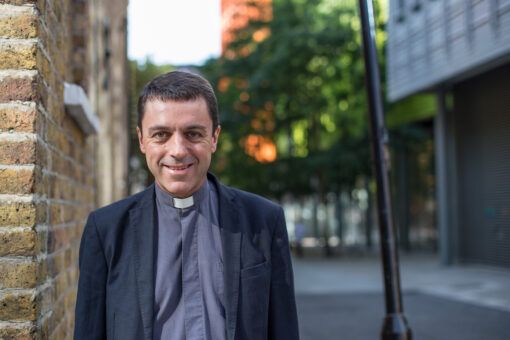A good assisted death can be a gift from God

The first time I ever saw a dead body was in a hospital morgue when I was 24 years old. I was training for Baptist ministry and doing a chaplaincy placement. This man had taken his own life in his cell at the local prison, where he was serving life for murder. The next dead body I saw was my mother-in-law, who had died after a long and protracted battle with a terminal illness. The difference between these two is striking: the first was a tragedy of lives ruined and cut short, the second was a merciful and welcome release from pain and suffering. As a minister I have spent many hours with the bereaved and the dying, and I have come to learn that not all deaths are the same.
I became involved with the IFDiD group (Inter-faith leaders for Dignity in Dying) when I moved to London to take up my current role as Minister of Bloomsbury Central Baptist Church, and it was a welcome relief to discover that other ‘people of faith’ shared my growing conviction that the end of a life is not always something to be resisted, and that sometimes it is the best that can happen for a person.
There is often an assumption that all Christians are opposed to end-of-life choice, but I have come to realise that there are strong pastoral, theological, and biblical reasons to support a change in the law to allow people control over their own death.
For Christians, death is not seen as the ultimate enemy, which means that it can be embraced as a good part of life, to be welcomed rather than resisted when its time has come near. It seems to me to that such a perspective can helpfully challenge the ideology of ‘life at all costs’ that determines so much of our medicalised approach to death and dying.
When I have discussed assisted dying with other church leaders, I have found that many are sympathetic to the cause, but are afraid to speak out because of what their congregations or others might think of them. Similarly, there are many who attend churches, whose experience of death within their family makes them question the ‘Christian’ view that life must never be shortened through choice, but who are afraid to speak out for fear of being judged.
I think there is a parallel here with the Christian response to LGBTQI inclusion. My church has been very vocal in support of this, and we have discovered that there are many in other churches (both leaders and members) who would like to speak out but are afraid to do so.
What would it take, I wonder, for Christians to speak out together voicing a shared conviction that a good assisted death can be a gift from God, to be received with the same gratitude that we receive the other medical miracles that make our lives so much more bearable than those of any generation of humanity before us?